In affiliation with the Boston University Chobanian & Avedisian School of Medicine, Boston Medical Center offers a fully accredited combined anatomic pathology (AP) and clinical pathology (CP) residency pathway to American Board of Pathology certification.
Our one-year, ACGME-accredited cytopathology fellowship provides extensive training and experience in diagnostic cytopathology, with professional development opportunities for physicians to practice in this branch of pathology in academic or private environments.
About Our Programs
About the Department
Training at BMC and Boston University Chobanian & Avedisian School of Medicine is enhanced by our socially diverse and global patient population, as well as the depth and breadth of anatomic pathology and laboratory medicine across many medical and surgical subspecialties.
The Division of Anatomic Pathology received 27,200 surgical accessions, 14,500 cytology specimens, and 1,500 fine needle aspirations in calendar year 2023. Additionally, Anatomic Pathology performs approximately 65 autopsies annually. Our clinical laboratory performs approximately six million tests annually, including point-of-care services throughout the medical campus and a rapid response laboratory.
Our department supports several centers of excellence on campus, including the Center for Infectious Diseases, Cancer Center, Kidney Transplant Program, Grayken Center for Addiction, Amyloidosis Center, and the Immigrant and Refugee Health Center. In addition, BMC is a Level 1 trauma center supported by our Transfusion Medicine Service.
Our department is also affiliated with offsite community health centers and other service centers.
Graduate Studies
In addition to residency and fellowship programs, the Department of Pathology & Laboratory Medicine at Boston University Chobanian & Avedisian School of Medicine also supports graduate programs for a Master of Science in Pathology Laboratory Sciences and a PhD in Pathology. These programs share facilities and some academic programs with the residency training program.

Campus & Community
At Boston Medical Center, our mission is to serve a vulnerable patient population and contribute to the improved health of all our patients. We actively promote equity, integrity, and social justice, and collaborate with a number of community health centers within the city of Boston as well as area academic medical centers including Boston Children's Hospital, Mass General Brigham, Tufts Medical Center, and the Lemuel Shattuck Hospital.
Boston is a lively cultural center with fine arts museums and galleries, a symphony orchestra, theater and operatic performances, and a heavy concentration of educational institutions. The New England countryside is easily accessible, offering opportunities for a wide variety of seasonal outdoor activities. BMC's attractive campus is located in Boston's historic South End and is robustly served by public transportation.

Facilities
Boston Medical Center is a modern tertiary care 514-bed facility with a distinguished tradition in academic medicine. The medical center is immediately adjacent to the campus of Boston University Chobanian & Avedisian School of Medicine, and it serves as the primary training site for medical students.
Anatomic Pathology
Residents in anatomic pathology train in our state-of-the-art facility at 670 Albany Street, one of the few purpose-built anatomic pathology and clinical pathology laboratories in the United States. It features modern ventilation, equipment, laboratory, and office space for residents and administrative support.
Residents are also provided with shared administrative space with a conference room and lounge. On-call overnight rooms are available as needed.
Anatomic pathology facilities offer surgical pathology processing, histology, immunohistochemistry, electron microscopy, cytology preparation and screening, an image analysis center, molecular pathology (e.g., next generation sequencing, FISH, and PCR), a biobanking service, an intraoperative consult suite for frozen section service, and a modern autopsy suite.
Clinical Pathology
The clinical pathology laboratory is a 24/7/365 state-of-the-art facility supported by modern automation and robotics, including:
- A new automated track in chemistry
- Automated cell analyzers and 6-10 color flow cytometry in hematology
- Proteomic and molecular platforms and a commissioned BSL-3 containment room in microbiology
- Automated cross-matching in the Blood Bank
The 670 Albany Street building is also home to a Boston University pathology research space that features modern pathology equipment including confocal, FACScan, and digital brightfield and immunofluorescence slide-scanning microscopes.
Combined Anatomic & Clinical Pathology Residency
In affiliation with Boston University Chobanian & Avedisian School of Medicine, Boston Medical Center offers a fully accredited combined anatomic pathology (AP) and clinical pathology (CP) pathway to American Board of Pathology certification.
The program consists of a minimum of 24 months of AP and 18 months of CP. The remaining six months may be spent doing either anatomic pathology or clinical pathology, depending on the resident's particular interests. Residents alternate between AP and CP at yearly and six-month intervals.
There are a total of 12 residency positions available in the program. Active participation in research projects by our residents is expected, supported, and encouraged.
Our programs actively recruit physicians from groups that are historically underrepresented in medicine (URiM).
Cytopathology Fellowship
Currently, BMC’s Department of Pathology hosts one funded fellowship position in Cytopathology at the PGY-5 level.
Our one-year, ACGME-accredited cytopathology fellowship provides extensive training and experience in diagnostic cytopathology, with professional development opportunities for physicians to practice in this branch of pathology in academic or private environments.
Strengths of our program include a large variety of specimens from a city safety-net hospital as well as neighborhood community health centers; exposure to ultrasound-guided FNA procedures, ROSE, and cytologic specimen processing; and additional opportunities for participation in endocrine and breast tumor boards.
Meet Our Residents
Pathology & Laboratory Medicine Residents (PGY4)
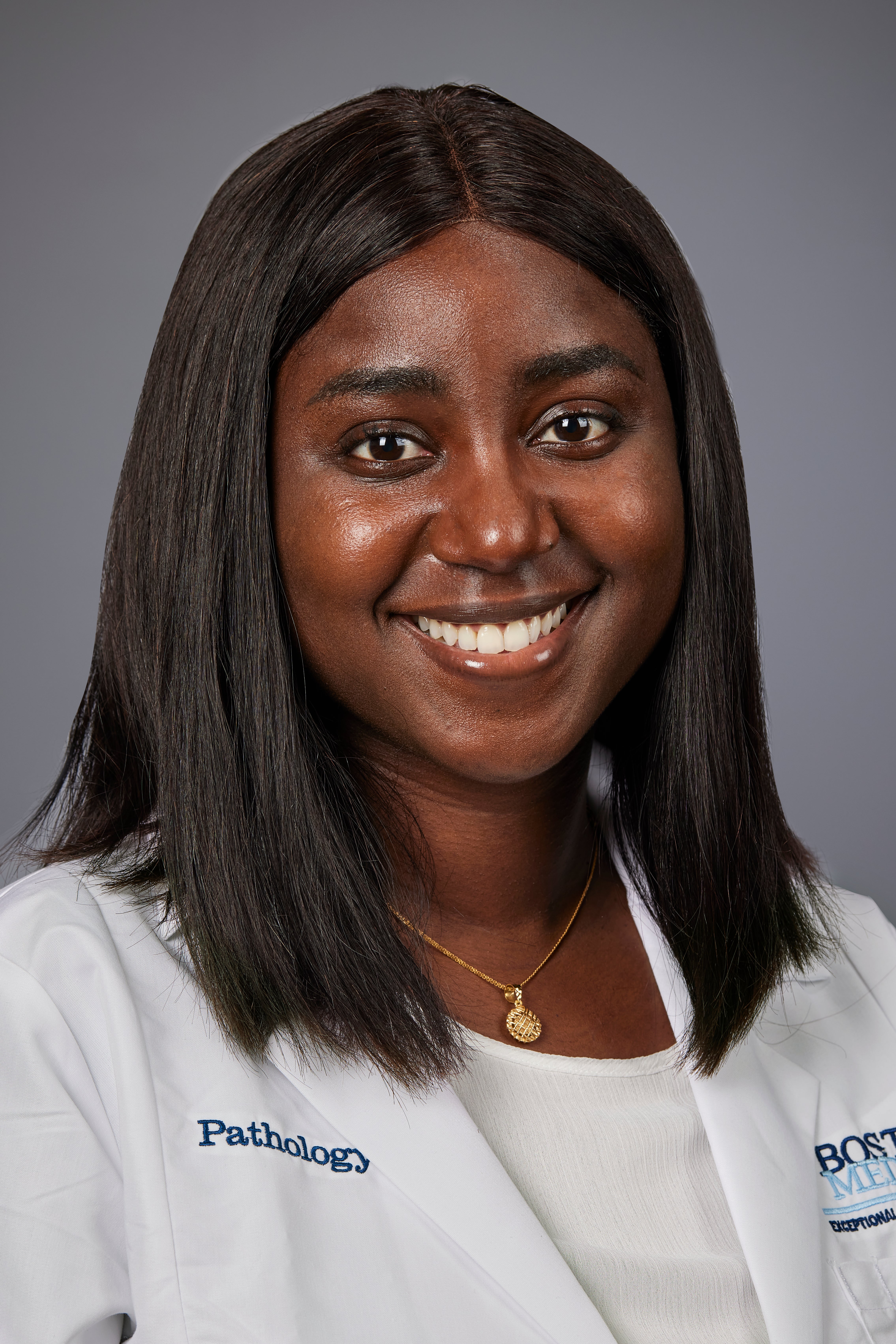
Adenike O. Eketunde, MD, MPH
Pathology & Laboratory Medicine Resident (PGY4)
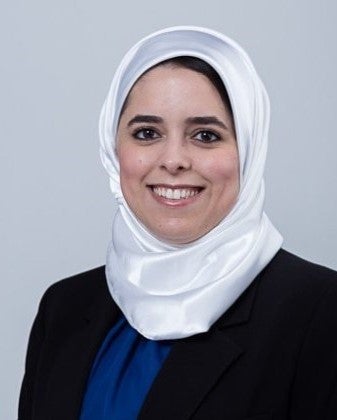
Nagla El Zinad, MBChB
Pathology & Laboratory Medicine Resident (PGY4)
Pathology & Laboratory Medicine Residents (PGY3)
Oluwatoyosi (Peter) Ayenuyo, MBBS, MPH, MS
Pathology & Laboratory Medicine Resident (PGY3)
Ugochukwu John Jonah, MBBS
Pathology & Laboratory Medicine Resident (PGY3)
Pathology & Laboratory Medicine Residents (PGY2)
Wei Fan, MD
Pathology & Laboratory Medicine Resident (PGY2)
Yuan Gao, MD
Pathology & Laboratory Medicine Resident (PGY2)
Temesgen Nadew, MD
Pathology & Laboratory Medicine Resident (PGY2)
Pathology & Laboratory Medicine Residents (PGY1)

Christopher Choi, MD
Pathology & Laboratory Medicine Resident (PGY1)

Sahar Hosseini, MD
Pathology & Laboratory Medicine Resident (PGY1)
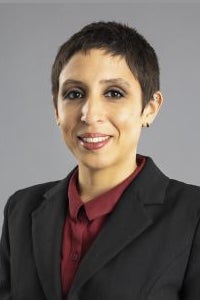
Florencia Rojas-Miguez, MD, MPH
Pathology & Laboratory Medicine Resident (PGY1)
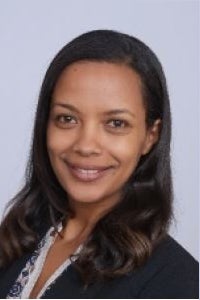
Israel Woldeyesus, MD
Pathology & Laboratory Medicine Resident (PGY1)
Former Residents
 ht
ht 
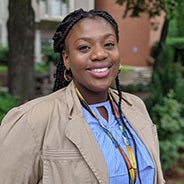
 English
English Français
Français Deutsch
Deutsch Italiano
Italiano Español
Español Tiếng Việt
Tiếng Việt